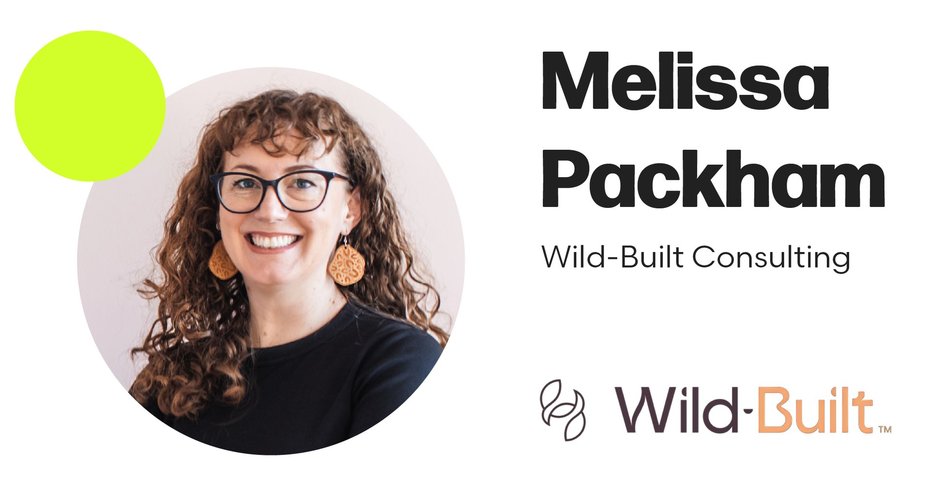The importance of avoiding greenwashing in your ag business
Sustainability statements and sustainable practices are something we are seeing more and more across the industry. And in this day and age, it’s not just an add-on, it’s a necessity.
But something that is becoming more prevalent is ‘Greenwashing’.
So, what is Greenwashing?
By definition, Greenwashing is the “practice of companies misleading consumers by overstating or fabricating their environmental efforts”.
Pretty simple at first glance, right? There is a bit more to it than that.
You may have seen Greenwashing come up when retail giant, H&M, released a “Close the Loop” campaign, which collected clothing for recycling with the promise that 98% could be recycled and turned into new fabrics. The clothes donated were not used for recycling – a huge misleading claim, greatly damaging their reputation.
To break Greenwashing down further, we sat down with Wild Built Consulting’s Director, Melissa Packham, to discuss the importance of avoiding Greenwashing in the ag industry and why transparency in your sustainability practices is vital.





